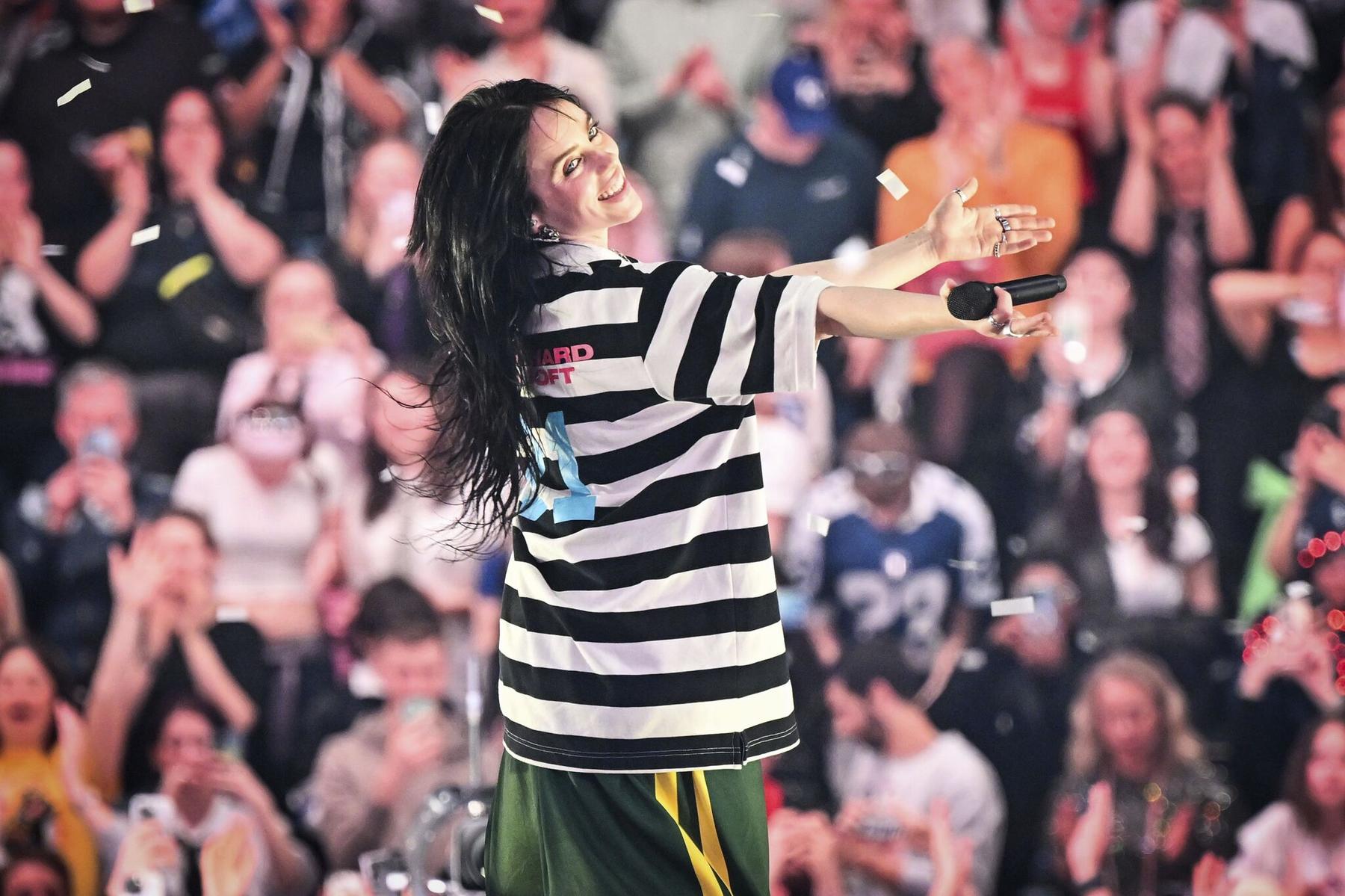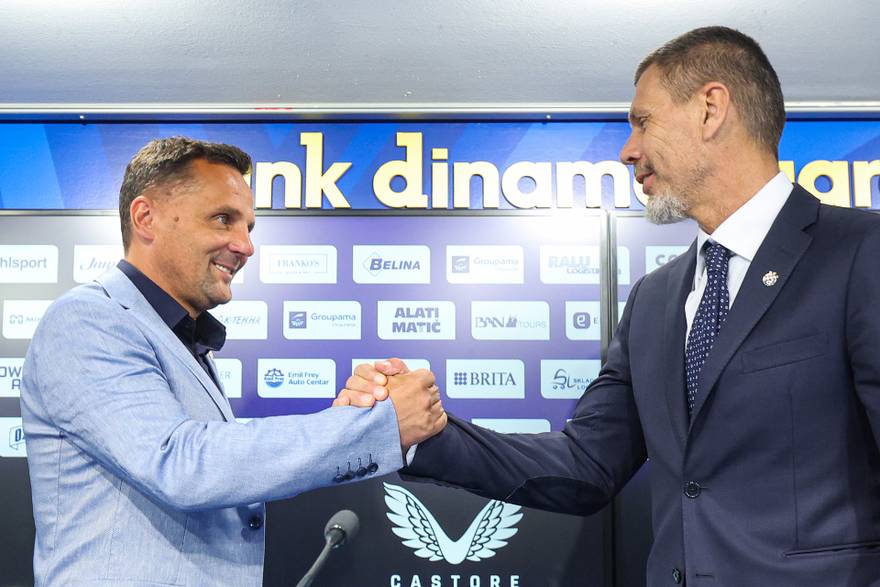I also loved fireworks, once, long ago

I used to cut off the stalks of small flares. Without anchor, those things go in all directions – hilarious. « Pooter! » my friends and I shouted before we stew away from fun. I used to stroll for hours with my friends through the Rotterdam district of Overschie on New Year’s Eve. We put rocks in wells and garbage bins, played football with ground flowers and shot each other with Roman candles. My neighbor ran cursed and tiering after us. Funny, my children’s brain, but also grossly exaggerated.
« Watch out, neighbor, foot seeker! »
In high school I dealt with boys whose fathers drove to Belgium for illegal fireworks. I was a follower, wanted to belong. So my fires changed into nitrates, the nitrates in Cobra’s. Playing football with ground flowers became tennis with mortars; We threw them together. I didn’t realize that passers -by against will and thanks to thank you. Screaming drifting away became ramparty flights for the police. My mother knew nothing, my adolescent brain actually not.
In any case, I did not know that about half of all fireworks victims are bystanders, a statistics that ensured that the liberal VVD, for a long time against a ban (because: patronizing), rotated: freedom keeps you damaging others. The NSC was also over and now it is official: the fireworks tradition is no longer.
Even I thought it was high time.
Noisy parades
Making a sound is in the DNA of the Dutchman. That urge manifests itself at two times: on holiday abroad and during New Year’s Eve. That we are loudly heralded in the new year is an age -old use. In the sixteenth century, the Amsterdam city council tried to ban the noisy ‘New Year’s Sessions’. Without success. At that time we also liked to break our kitchen utensils on pots and pans, kept noisy parades through the cities, caught on fire and shots with guns to expel the evil spirits. Bingeliness has also always been in our New Year’s tradition.
The New Year’s fireworks came much later – in the 1950s – although professional fireworks had been one thing for a long time. In 1648 the Peace of Münster was celebrated with a fireworks show on Dam Square, in 1713 the Peace of Utrecht with decorative fireworks above the Hofvijver. At the coronation of Wilhelmina in 1898, torpedo boats shot flares above the sea at Scheveningen that sketched the portrait of the upcoming queen.
In 2015 or 2016, I was about twenty years old, I gave a New Year’s party for friends. I now lived in Rotterdam in a attic on the Nieuwe Binnenweg, during the New Year’s Eve area. At noon we decided to get involved on the street in the violence. Unfortunately it was foggy, we could really only smell the fireworks. A noisy man did stand next to us that we had never seen before, but introduced himself as the neighbor. Bart, a middle -aged pink with a pink diamond sweater, had a bottle of champagne in his hand and nobody to share it with. Whether he could open it upstairs with us. Jet. Bart also had fireworks with him. And, as every study shows, fireworks and alcohol consumption are not a good combination. The fireworks landed on the roof of the neighbors, the sparks sprayed the chimney in it. We never saw Bart again after that night, and luckily it was his own chimney. But my landlord was in all states, now I started to understand why.
Complain about fireworks
After the Second World War, migrants brought the use of New Year’s Eve from the Dutch East Indies. Already in 1955 the Association of Dutch Municipalities tried to ban this, but the government opted for regulation. Only in the 1970s did consumer fireworks really become popular, although that is other old Dutch use, complaining about fireworks, a lot older: in Noord-Holland the harvest was celebrated with bang fireworks on Hartjesdag, the third Monday of August. The popping is in Amsterdam then illegal, but the ban is not actually maintained. An angry letter appears on August 18, 1895 De Telegraaf: « She takes off the pipe keys. (…) Shooting their dangerous gun has caused passers -by so often an accident, sometimes an eye. » 130 years later, this Amsterdammer gets his way.
There are even city dogs of these bombs when mine broke
I now have a dog. A street dog from Portugal is used to it. And yet, even though it can be banged reasonably well, the adolescent boys of today do not realize that their fireworks are much heavier nowadays. When an illegal mortar contains fifty times more explosive flash powder than a nitrate from the past, there is no longer any question of bangs. Then it’s just dangerous. And these bombs are even shocked by real city dogs like mine.
Last New Year’s Eve I started on Spanjaardstraat in Rotterdam-West, the street, we learned from the NOS-Push message, where fourteen-year-old Jack had died by a defective illegal mortar. We later left for a friend who lives high in the Pompenburgflat on Hofplein. The view on his balcony is fantastic. A record amount of fireworks went up in the Netherlands that night: 118 million euros. One of those flares was set off on the sidewalk in front of the flat. At the height of the balcony, where I was still standing to make videos of the brightly colored night, the arrow killed. I have not been able to see much for hours, the suis in my ear is still not completely gone. Compared to Jack, I got rid of it well, but my adult brain is definitely to: I hate fireworks.
The tradition will not disappear without a struggle. The ban will probably start next year. A big mistake of course. It means that we can go completely at least once. Shooting one more time with cannons. One more thousand bombs and grenades. One more thousand people at the Emergency Department. One last, terrible night for care workers and care providers, for passers -by, for animals like mine. The overall ban remains a sensitive theme among Dutch people.
I think that is because it is a tradition that claims the status of collective ritual. Rituals represent the values of the community, and transfer them through symbolic expressions, says the German-Korean philosopher Byung-Chul Han in his book About the disappearance of rituals: « We can define rituals as symbolic techniques to get home somewhere. (…) They make the world a reliable place. They are in time what a home is in space. » According to Han, the ritual is a repeating, physical action with fixed choreography. Because of that firmness, a ritual places you as it were in time, and it connects you to the community, to something ‘higher’ than the I in the here and now. Less me, more we. Less frenzy, more carrot.
Collective
Was I busy with the symbolism of New Year’s Eve when I threw an illegal Cobra against a wall? Did I hand over the values of the community in this way? That doesn’t seem to me. But still, when I see a thousand flash everywhere at midnight at the same time, I feel a strong connection with something bigger than myself; I experience a serious feeling of we. Moreover, the ritual repeats itself every year on the same evening, with the same choreography. It is something physical – everyone knows how it smells, what it sounds like, how it feels. And it’s nostalgia. Seen in this way it is a shame that such a ritual disappears. But when a ritual killed, it may bear witness to a stronger connected ‘we’ to collectively decide that we no longer want that.
To maintain that we feeling during New Year’s Eve, something must be replaced. Making noise is still in us. In addition to singing, hitting pots and pans and the more recent carbide shooting, we have welcomed a lot of new sound in the Netherlands in the Netherlands: Turkish Dutch and their honking during festivities, or that beautiful Islamic use of the ‘Zagareeth’ (or Zaghrouta) – that high, vibrate cry can be celebrated. What about the Caribbean community, with the heavy percussion of brass bands, or the Koran verses from the minarets of mosques? What if we connect all those sound traditions in one noisy thunder, the first hour of the new year? The old and the new Netherlands, together, in a noisy, symbolic, physical, repetitive and collective ritual. My old neighbor from Overschie will be happy with it – she works during New Year’s Eve at the Emergency Department.

:format(webp)/s3/static.nrc.nl/images/gn4/stripped/data132512191-bf7b93.jpg)
/s3/static.nrc.nl/images/gn4/data133305174-ec8c91.jpg)





